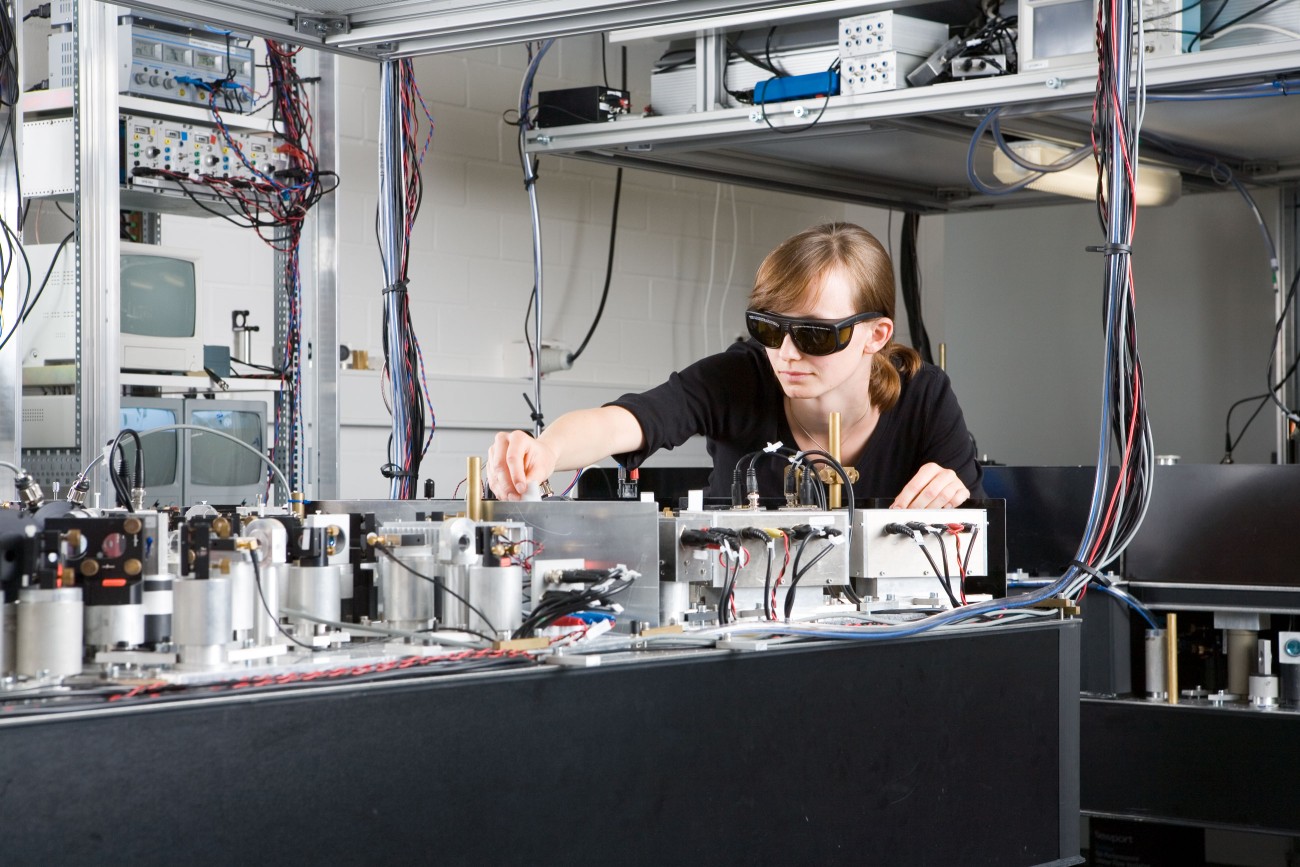Internationale Studien / Friedens- und Konfliktforschung
Master of Arts; tuition language: German
The following English language content is for information purposes only. The legally binding content can be found on the corresponding German website.
Description
The Master of Arts in IInternationale Studien / Friedens- und Konfliktforschung takes place with cooperation between the Goethe University Frankfurt, the TU Darmstadt and the Hessische Stiftung Friedens- und Konfliktforschung (HSFK) (Peace Research Institute Frankfurt – PRIF). As a result, students are required to attend at least four courses/lectures at Technical University of Darmstadt and at least six courses/lectures at the Goethe University Frankfurt.
The degree programme is situated at the interface between peace and conflict research, international relations, political theory and philosophy.The focus of the programme is on problems of regional and global systems, the differential analysis of conflicts and the comprehensive theoretical development of strategies to diffuse conflicts and promote peace.
Programme Information, Goethe-Universität Frankfurt
Semester Course and Examination Schedule
Department 03 Gesellschaftswissenschaften, Goethe-Universität Frankfurt
| Semesters | 4 |
| Language | German; some lectures in English |
| Start of studies | Winter semester |
| Internship | Students do a minimum 7.5-week-long internship to acquire insight into possible later careers. |
| Application |
1. Application is through Goethe University Frankfurt 2. a Proof of proficiency in English at B2 (GER) level. |
| Good to know |
Students must attend at least four courses/lectures at Technical University of Darmstadt and at least six courses/lectures at the Goethe University Frankfurt. Further information Preparatory courses for international students Part-time studies at TU Darmstadt: no Doctoral Studies TU Darmstadt Career Service Alumni careers |



